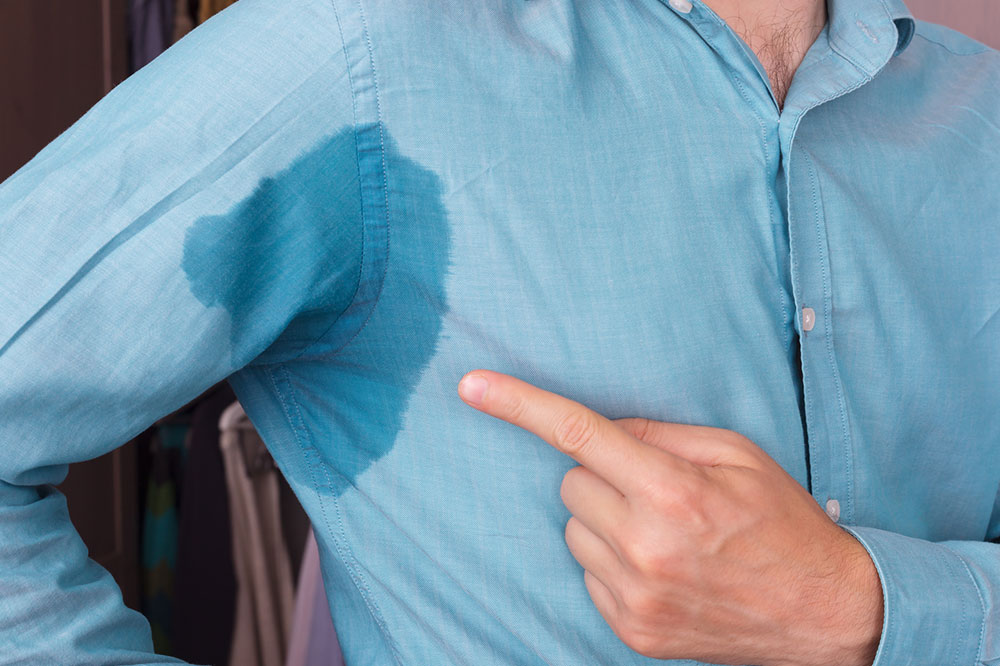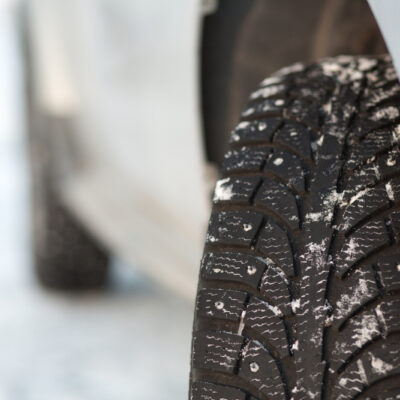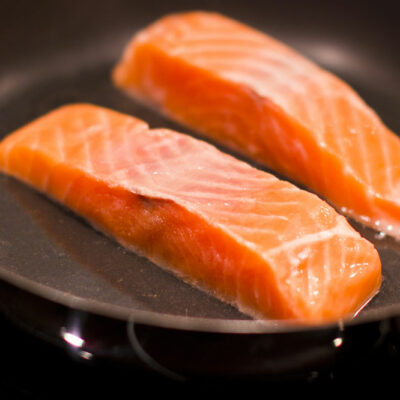
6 Common Triggers of Hyperhidrosis
Hyperhidrosis is a type of disorder that causes excessive sweating, even in unusual situations. A person suffering from this type of disorder may sweat even in cooler temperatures with or without any trigger. Statistics suggest that more than four percent of people in our country suffer from hyperhidrosis. There are several treatment options available to treat the disorder. However, hyperhidrosis can be managed more effectively by avoiding the following triggers:
1. Spicy foods
This is the most common hyperhidrosis trigger. While spicy food is palatable, it excites the heat receptors in the skin that cause it to vasodilation, sweating, and flushing. Capsaicin, present in spicy foods, activates the skin’s heat receptors resulting in excessive sweating. Hence, people suffering from hyperhidrosis are recommended to avoid consuming spicy foods and switch to other palatable flavors.
2. Synthetic clothes
Clothes made from synthetic fiber like polyester, acrylic, nylon, vinyl, fleece, etc., may be light-weighted and can dry quickly, but they are not breathable. This blocks the airflow to the skin and consequently causes excessive sweating in the case of hyperhidrosis. Switch to breathable, natural fabrics such as cotton, linen, and chambray as they are also non-abrasive. Similarly, it is recommended to wear shoes made of materials that don’t trap the airflow and lead to excessive sweating.
3. Caffeine
Caffeinated drinks such as coffee, sugar, and energy drinks have a direct effect on the central nervous system as it spikes the blood pressure. The increased blood pressure increases heart rate, which induces excessive sweating in the case of hyperhidrosis. Decaf coffee or iced tea can be considered as alternatives to better manage hyperhidrosis.
4. Sugar-rich foods
Like caffeine, sugary snacks, or foods rich in carbohydrates spike blood sugar levels in the body. The body responds to this spike by releasing a hormone called insulin. Excessive levels of insulin in the blood can result in hypoglycemia, leading to low blood sugar and excessive sweating. However, it is important to note that repeated episodes of hypoglycemia and excessive sweating could also be a sign of diabetes.
5. Extreme emotions
This is yet another one of the most common hyperhidrosis triggers. Extreme emotions such as anger, fear, stress, anxiety, and even happiness can increase the heart rate. An increased heart rate can induce excessive sweating. Hence, it is recommended to manage ways to control extreme emotions through meditation and other practices that induce calmness, thereby effectively managing hyperhidrosis.
6. Alcohol
Binging on alcohol might not cause sweating. However, people with hyperhidrosis binging on the same may end up sweating profusely. This is because alcohol dilates the blood vessels, causing the skin to heat up. If a person suffering from hyperhidrosis lacks the necessary enzymes to break down alcohol, then this can worsen their condition as it also causes gastrointestinal distress and headaches. When people depending heavily on alcohol, stop drinking abruptly, this withdrawal can also induce excessive sweating due to withdrawal stress.


